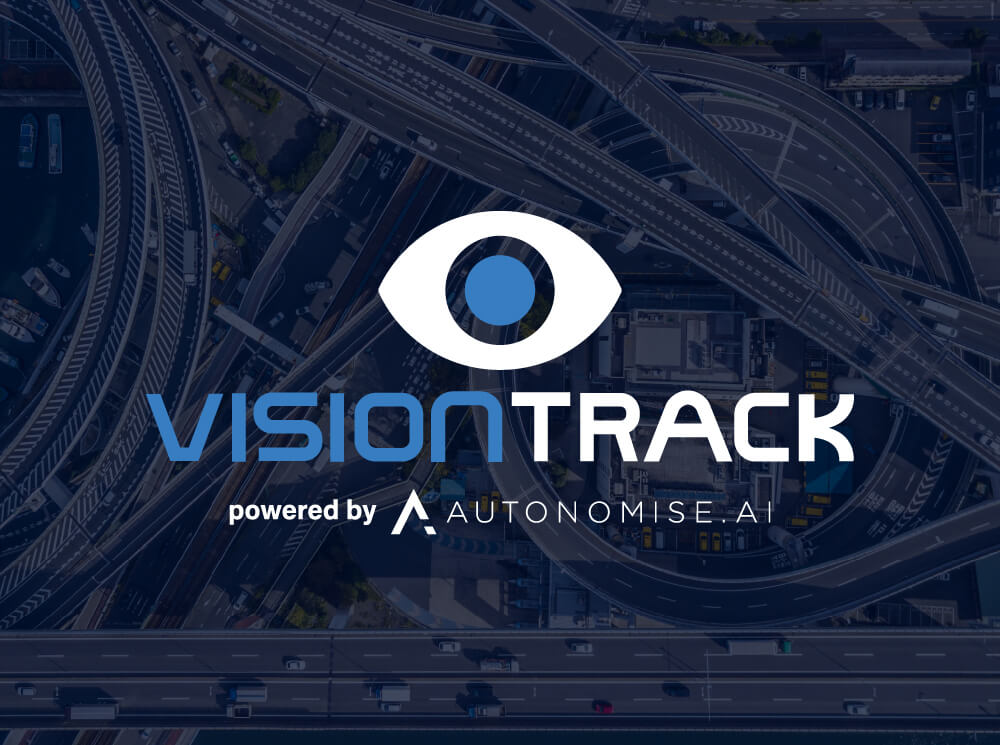How to make your business sustainable with a vehicle tracking system
Written by VisionTrack
19 January 2019
![]()
Improving efficiency and making smarter decisions are two objectives businesses always strive to achieve, regardless of their sector. If your company has a fleet of vehicles, vehicle tracking tools can help you accomplish these goals.
Such solutions provide real-time data and feedback on your fleet’s operational efficiency to enable smarter decision-making. Fleet operators see significant benefits from using telematics in areas such as driver safety, fuel and maintenance costs, workforce efficiency, and business sustainability.
That last benefit translates into a broad range of smaller benefits. Businesses that implement GPS tracking devices on their fleet see not only reductions in fuel costs but also a boost in their reputation as a business committed to improving the environment. That can serve as a significant differentiator from competitors, providing the business with a strong competitive advantage.
If you run a business that has a fleet of vehicles, improving sustainability and reducing carbon emissions can be a challenge. Vehicle tracking software allows organizations to monitor fuel usage to help them become more sustainable.
Set sustainability targets for your business
Consumers are aware that businesses that operate fleets of vehicles cause damage to the environment. By showing that you’re conscious of these concerns and are implementing measures to address these issues, your business will stand out as responsible and sustainable.
The first step to accomplish that is developing sustainability targets for your business.
Make sure that they’re achievable and consider the age of your vehicles, the impact of vehicle breakdowns and services, the driving patterns of your vehicles, and the tasks vehicles in your fleet perform.
Once you define all of these points, you can set a sustainability target that allows you to collect relevant data for better planning and communicating your achievements to consumers.
Note that improving sustainability and reducing your environmental impact is a long-term goal. That’s why it’s a good idea to set smaller milestones along the timeline and provide your business with targets that can be achieved by focusing on specific areas. That way, you can track your improvement over time and gain a better sense of how your business can improve its operations to become more sustainable.
Focus on improving driver behavior
Vehicle tracking tools allow monitoring driver behaviors and can be a huge help in improving individual driving, as well as the sustainability of your entire business. Once you install that type of software, you’ll be able to track harmful or dangerous driving behaviors such as speeding, harsh accelerating or braking.
All of the data can be used by fleet managers to inform decisions about your sustainability targets. Some telematics companies provide coaching devices that alert drivers in real-time about behaviors that have been deemed by their employer as unsafe.
That way, drivers can reduce speed and improve their driving style for greater road safety and cost reductions.
It’s key that your business implements preventive measures to minimize the risk of over speeding. The reduction in speed not only reduces the risk of incidents on the road but also improves your fuel efficiency.
Let GPS help you in improving your sustainability
By implementing vehicle tracking software, fleet managers can improve their planning when it comes to route structures and schedules. As a result, they will choose more efficient routes that involve lower fuel usage and time required for deliveries.
Another benefit is that vehicle tracking systems help to reduce the time vehicle spend idling. Idling refers to the time the vehicle is stationary, but with the engine still running – for example, stopping at a red light. By using GPS technology, fleet managers can pinpoint areas where such idle time happens most often and plan new routes to avoid these problematic spots. That contributes to reducing fuel usage at your company and driving further cost reductions.
Note that the vehicle type, age and size all impact fuel usage and your sustainability targets. That’s why you need to take information about each commercial vehicle into account before evaluating your success and achieving specific sustainability targets.
The takeaway
Organizations that rely on fleet management and have implemented vehicle tracking devices enjoy many benefits, including sustainability. They can lower their CO2 emissions, improve driver behavior, and reduce fuel costs. As a result, companies can help improve road safety and contribute to the broader sustainability goals of their area. Investing in a vehicle tracking solution is also an excellent strategy for building a reputation of a sustainable business.
Do you have any questions about how GPS tracking devices can help fleet managers build a more sustainable business? Please share your thoughts in the comments; we want to help everyone learn how innovative technologies such as vehicle tracking software can help reduce carbon emissions.




